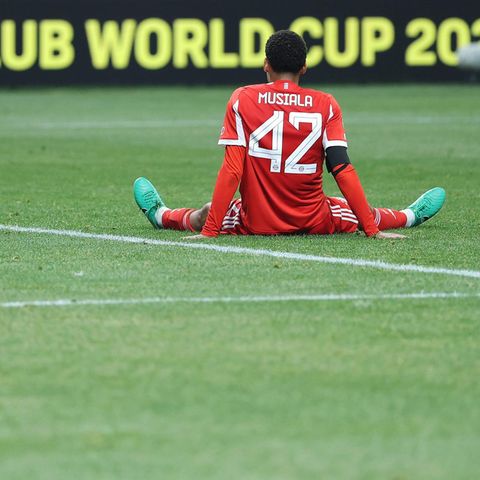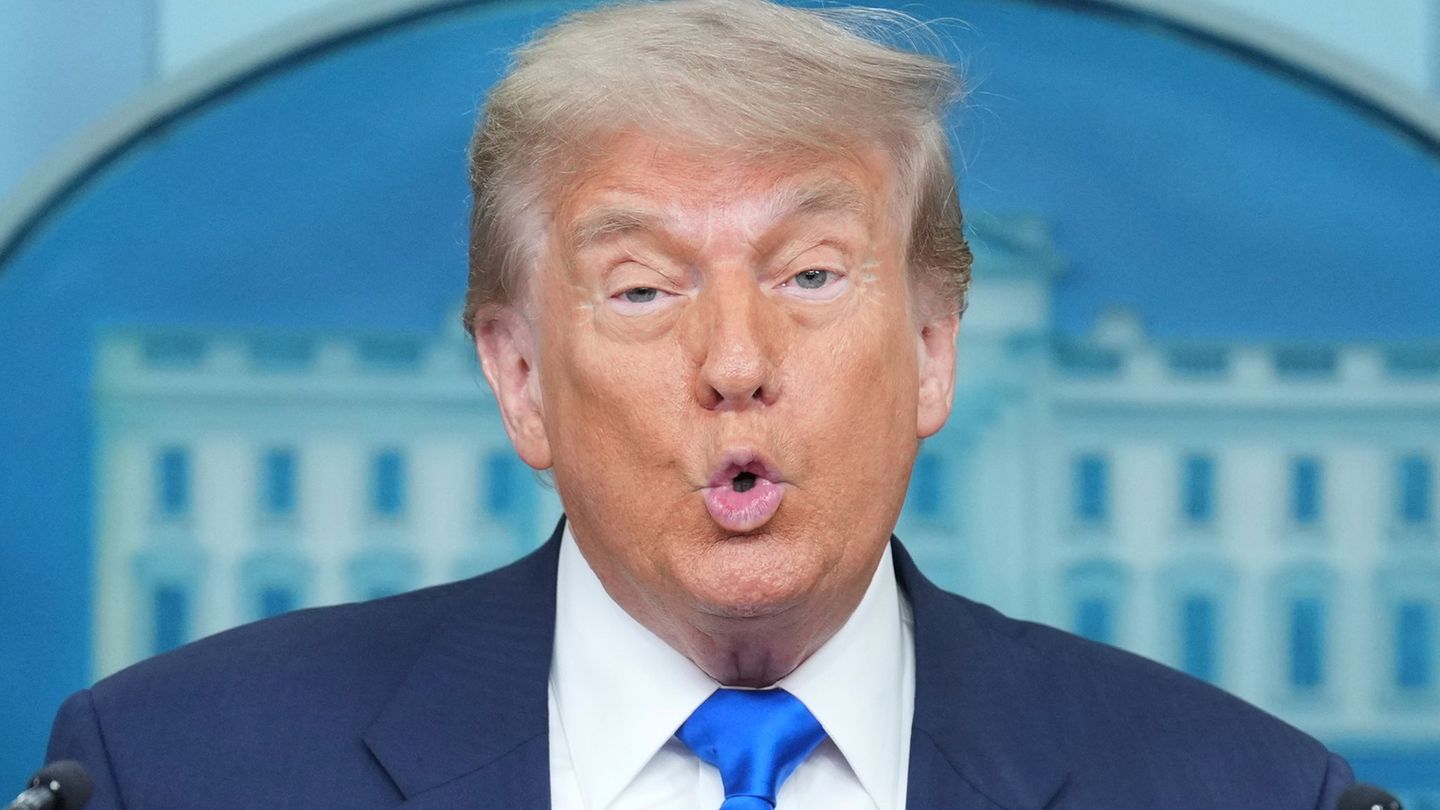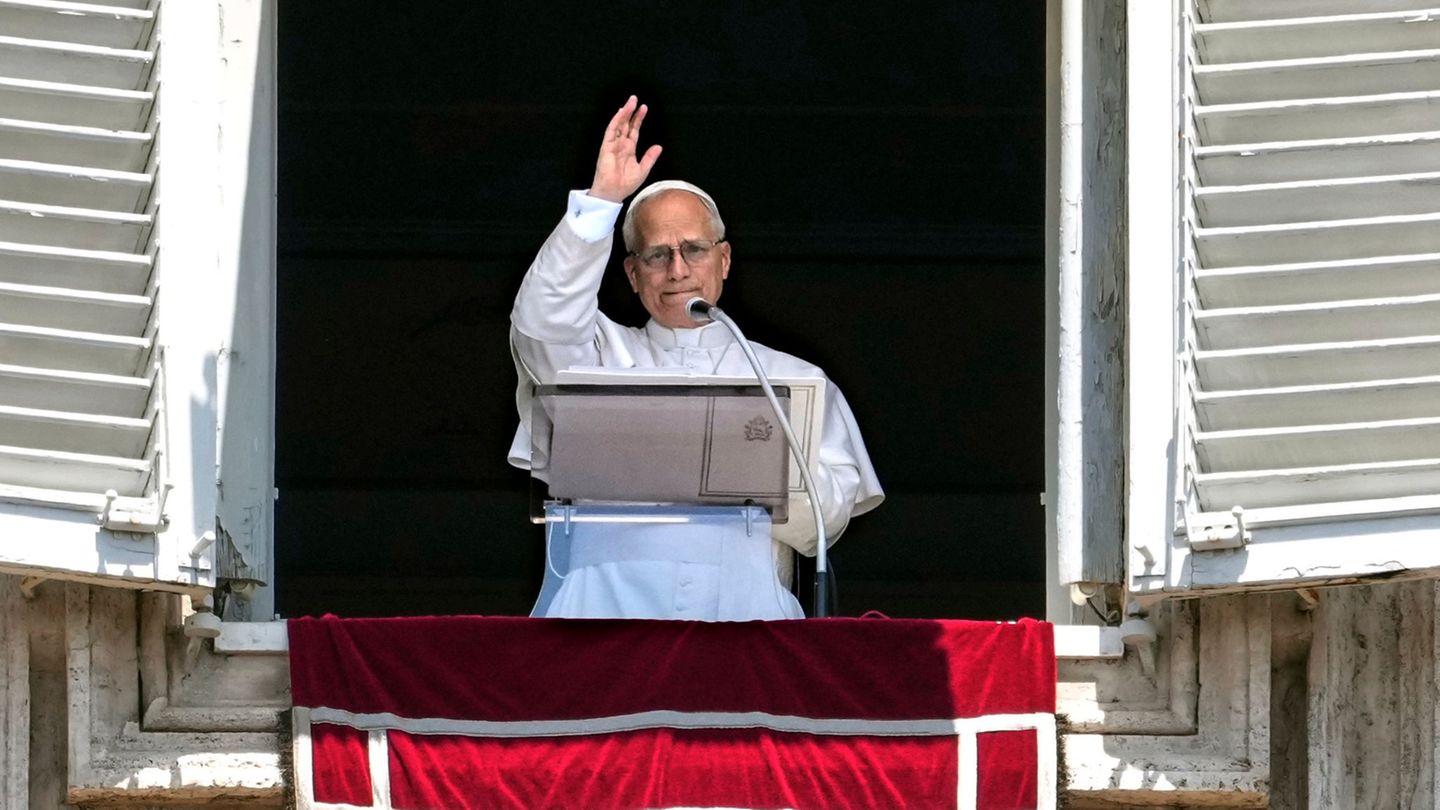Rheinmetall produces tanks, artillery, ammunition and air defense systems – military goods that are urgently needed in Ukraine and in other countries that feel threatened by Russia.
As a result of the war in Ukraine, the order books of the arms company Rheinmetall are fuller than ever. According to Germany’s largest arms manufacturer in Düsseldorf, the so-called backlog at the end of June amounted to 48.6 billion euros, 62 percent higher than a year earlier (30 billion euros). The backlog includes the order backlog, expected calls from framework agreements and other customer agreements. The company’s headquarters are in the state capital of North Rhine-Westphalia, and its largest plant is in Unterlüß in Lower Saxony.
The growth drivers are the consequences of the war in Ukraine – NATO countries are ordering much more than before. Rheinmetall is also supplying military goods to Ukraine, including old tanks that have been modernized and urgently needed artillery ammunition. Rheinmetall is one of the world’s most important producers of 155-millimeter shells – the caliber used in artillery and needed in large quantities by Ukraine
In the group’s weapons and ammunition division, the backlog more than tripled to around 19 billion euros. Other areas, such as those producing military trucks, also grew, but not nearly as much as the ammunition segment.
Brilliant business figures
All in all, Rheinmetall’s business figures were very positive. In the first half of the year, sales rose by a third to around 3.8 billion euros. The operating result almost doubled to 404 million euros. If we look at the second quarter alone, growth was even stronger than at the start of the year. Rheinmetall attributes the increased profitability primarily to the acquisition of a Spanish ammunition company.
“We have never grown so much,” says company boss Armin Papperger. Management expects annual sales growth of around two billion euros in the coming years. “This extremely positive development is only possible because we invested early and have been pursuing a strategic plan since 2014 – the year of the attack on Crimea,” explains the manager. Capacity has been massively expanded, acquisitions made and new plants built.
Source: Stern




